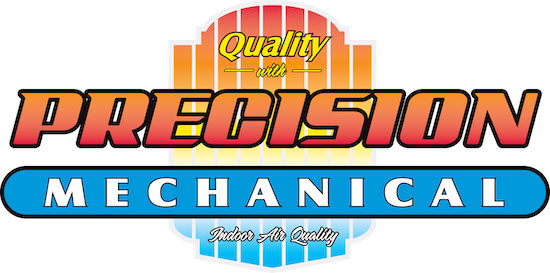
If you’re one of the average American households who spends more than $2,000 each year on heating and cooling bills, getting a smart thermostat is a great way to keep energy expenses under control. Although the majority ofhouses use programmable thermostats, yours likely isn’t being used to the full advantage because it’s on “hold” every day.
When getting a new thermostat, the Nest smart thermostat is one of the most popular options. That’s because it adjusts to your temperature preferences and activities, and then creates an energy-efficient schedule to match. You can also check and lower it from almost anywhere with your smartphone.
For the average home, Nest says its thermostat saves about 10-12% on heating costs and about 15% on cooling expenses. That’s about $131 to $145 saved every year, which helps the product pay for itself quicker than two years. And most utility providers provide rebate programs that help you get a smart thermostat for free or close to it.
When you’re upgrading to a smart home thermostat, you’ll want to be sure it’s compatible with your HVAC system. This is especially important if your equipment is aging. If it’s not, you could run into issues, like weird furnace or air conditioner behavior. That’s why it’s critical to have a professional like Precision Mechanical help you pick a new thermostat and handle your smart thermostat installation.
Here’s how to determine if the Nest can run with your HVAC system.
Nest Works with the Majority of Heating and Cooling Systems
The good news is that Nest designed its thermostat to work with many different 24-volt systems, including aging ones.
This involves heating and cooling systems that run on:
- Natural gas
- Oil
- Electricity
Before you buy a Nest, you can use the Compatibility Checker to ensure an easy transition. Once you’ve checked it’s a match, your Nest will walk you through compatibility and wiring when you set it up.
The Nest Learning Thermostat works with the widest range of home comfort units, such as heat pumps, furnaces and air conditioners. It also runs with very energy-efficient multistage systems, dual-fuel equipment, humidifiers and dehumidifiers, but you’ll likely need a specialist like Precision Mechanical to do the in-depth wiring and setup process.
Does the Nest Have to Have a C-Wire?
If you’ve looked into the Nest, you’ve potentially come across information about the C-wire, or common wire. This wire runs your smart thermostat when it can’t pull ample power from the other wires.
If you don’t have a C-wire, it’s likely still okay to get a Nest. The company says its thermostats were made to consume not much power. In most cases, this means they can run properly without this wire.
Have a smart thermostat without a C-wire and running into odd heating and cooling behavior? An HVAC professional like Precision Mechanical can add a C-wire for you.
Our Professionals Make Smart Thermostat Installation Easy
Installing a new thermostat makes it easier to manage your heating and cooling costs while keeping your {house|residences|home cozy. If you’re considering adding a Nest smart thermostat to your house, Precision Mechanical can help you select the ideal model for your needs and then expertly install it. Reach us at 605-702-0850 to get started now!














